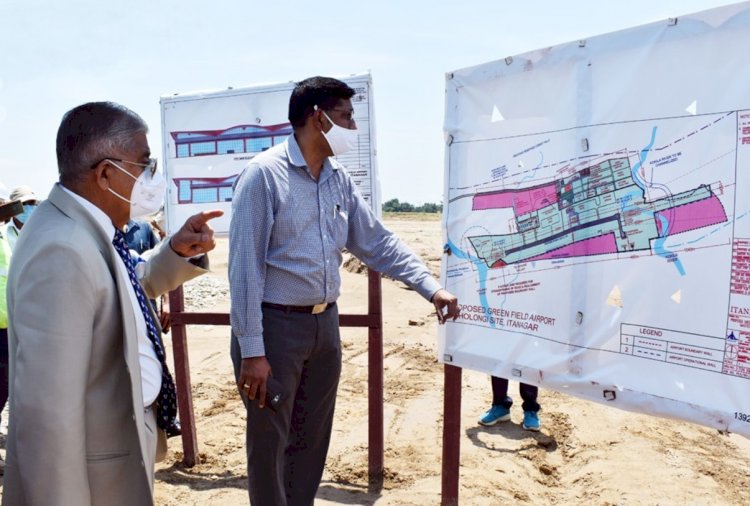ReNew Power Signs India's First Round-The-Clock Renewable Energy PPA
The agreement is first of its kind in India, and ICRA, a subsidiary of Standard & Poor's has given an AA+ domestic debt rating to SECI

On 6th August 2021, India’s leading renewable energy company, ReNew Power announced that it has signed a Power Purchase Agreement (PPA) for Round-The-Clock (RTC) electricity supply with the Solar Energy Corporation of India (SECI), a Central Government owned entity. The agreement is first of its kind in India, and ICRA, a subsidiary of Standard & Poor's has given an AA+ domestic debt rating to SECI.
SECI conducted an auction in 2320 and ReNew won the bid to supply Round-The-Clock (RTC) electricity power. As per the contract, ReNew Power will supply electricity in the first year at ₹ 2.90/kWh (~US 3.9¢). This tariff will increase by 3% annually for the first 15 years after which it will stabilise for the remaining 10-years of the 25-year contract.
Mr Sumant Sinha, Founder, Chairman and CEO of ReNew Power, said, "With the signing of this PPA, ReNew Power and the Indian renewable energy sector has taken a historic step towards addressing intermittency of renewable power generation. We are pleased to sign this agreement which allows us to provide a value-added product to the electricity grid and offers us a competitive advantage for all such future bids. The government's bold vision and ReNew's technological ingenuity and execution prowess will ensure that this project will soon start feeding stable, clean and low cost power into the grid. I am confident, that this is the beginning of a new era in the renewable energy sector."
The project will be designed to operate at 80% verage annual plant load factor (PLF) and will have a minimum capacity utilisation factor of 70% monthly, despite being a renewable energy project. ReNew Power has projected that the 400 MW RTC project will require 900 MWs of wind capacity, 400 MWs of solar capacity as a typical solar/wind firm power renewable energy project in India has a lower PLF depending on site and technology selection. The project would cost approximately USD 1.2 billion and required energy will be supplemented by battery storage.




























